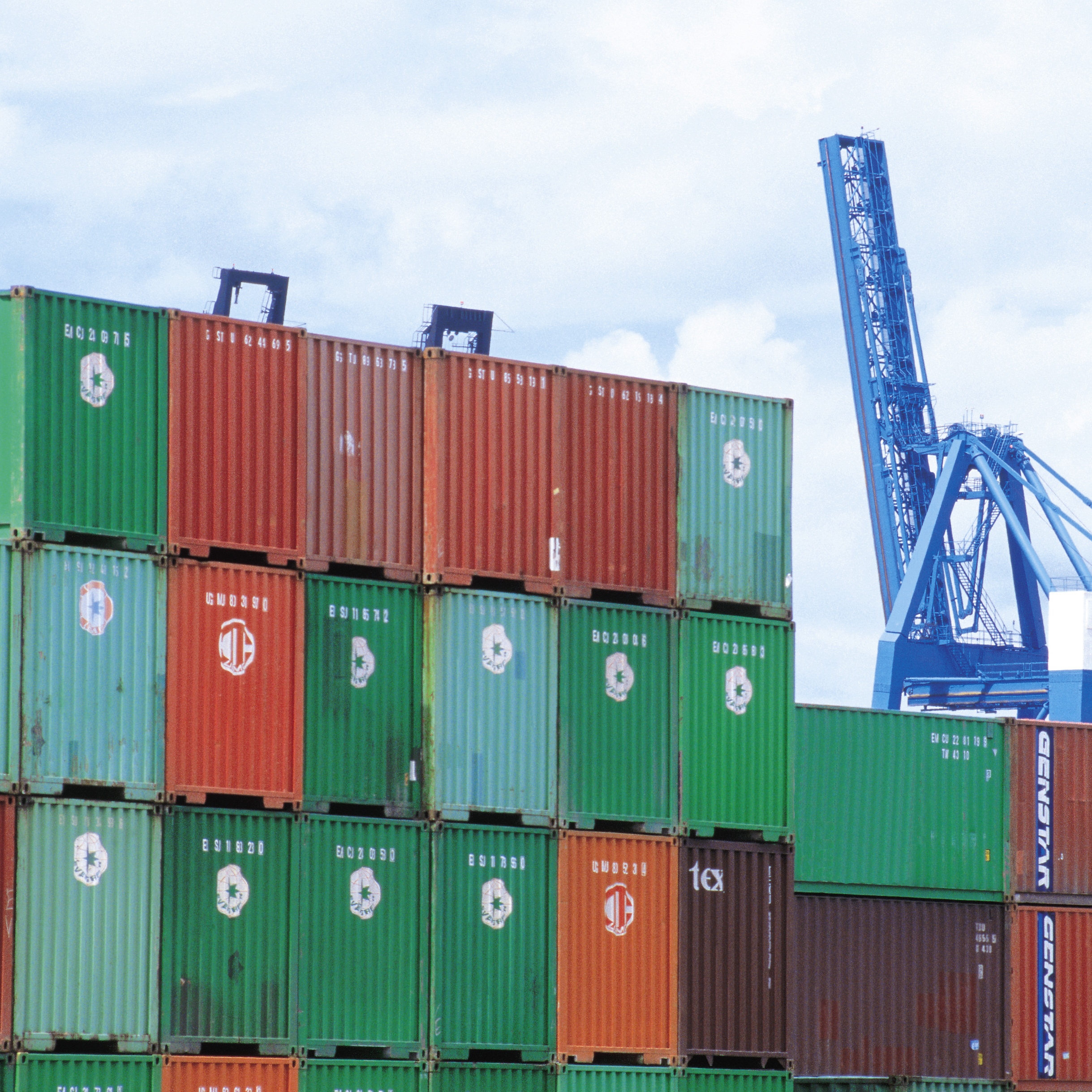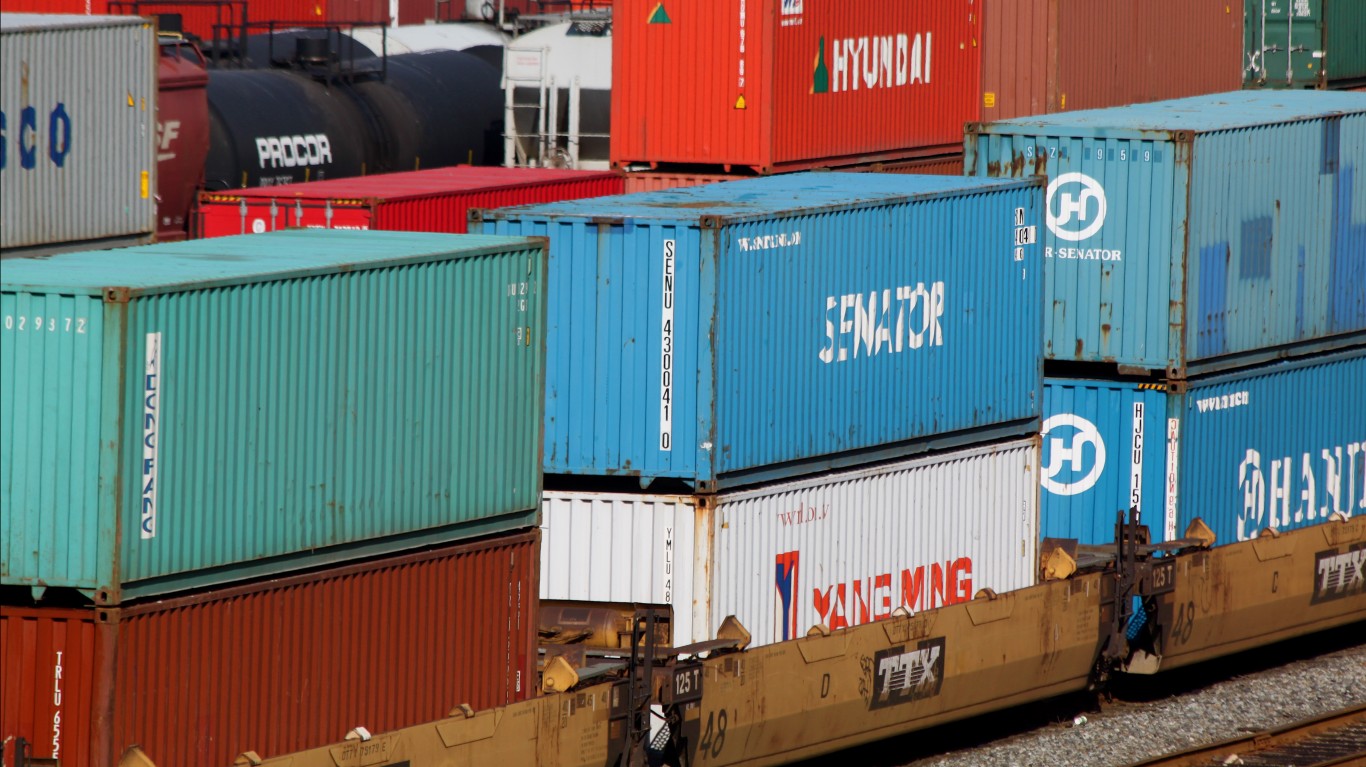
If the Federal Reserve wants more evidence of inflation to help justify that likely December interest rate hike, the Fed presidents are going to have to look somewhere other than import and export prices. The Bureau of Labor Statistics (BLS) has reported that import prices decline by roughly 0.5% in October, and the nation’s export prices fell by some 0.2% in the month. Bloomberg had the consensus estimates from Econoday pegged at -0.3% in exports and -0.1% in imports.
U.S. import prices were revised to -0.6% for September, after having first been shown as -0.1% on a preliminary basis. Export prices were revised to -0.6% in September, versus a preliminary reading of -0.7%.
The BLS said that lower prices for both fuel and nonfuel imports contributed to the October decrease.
Here is where these numbers will look atrocious. On a year-over-year basis, import prices were down by a whopping 10.5% in October, versus a drop of 10.7% in September. Export prices were down by 6.7% in October from the prior year, versus -7.4% in September’s year-over-year comparison.
The BLS addressed fuel prices by saying:
Import fuel prices decreased 2.0 percent in October, following a 5.4-percent decline the previous month. In October, both a 2.1-percent drop in petroleum prices and a 2.5-percent decrease in natural gas prices contributed to the overall drop in import fuel prices. Fuel prices declined 46.6 percent over the past 12 months. Prices for petroleum fell 48.0 percent for the year ending in October, while natural gas prices decreased 30.3 percent over the same period.
Also addressed was the pressure on all imports excluding fuel:
Nonfuel import prices also continued to decline in October, falling 0.3 percent, after a 0.2-percent drop the previous month. The price index for nonfuel imports has not recorded a monthly advance since the index ticked up 0.1 percent in July 2014. In October, lower prices for nonfuel industrial supplies and materials; foods, feeds, and beverages; automotive vehicles; and capital goods all contributed to the overall decrease in nonfuel import prices. Nonfuel import prices declined 3.2 percent over the past year, the largest 12-month drop for the index since a 4.2-percent decrease between September 2008 and September 2009.
Import and export prices rarely move the markets. That being said, these contain more deflationary data than inflationary data.
ALSO READ: Best (and Worst) Countries for Business
Get Ready To Retire (Sponsored)
Start by taking a quick retirement quiz from SmartAsset that will match you with up to 3 financial advisors that serve your area and beyond in 5 minutes, or less.
Each advisor has been vetted by SmartAsset and is held to a fiduciary standard to act in your best interests.
Here’s how it works:
1. Answer SmartAsset advisor match quiz
2. Review your pre-screened matches at your leisure. Check out the advisors’ profiles.
3. Speak with advisors at no cost to you. Have an introductory call on the phone or introduction in person and choose whom to work with in the future
Thank you for reading! Have some feedback for us?
Contact the 24/7 Wall St. editorial team.



